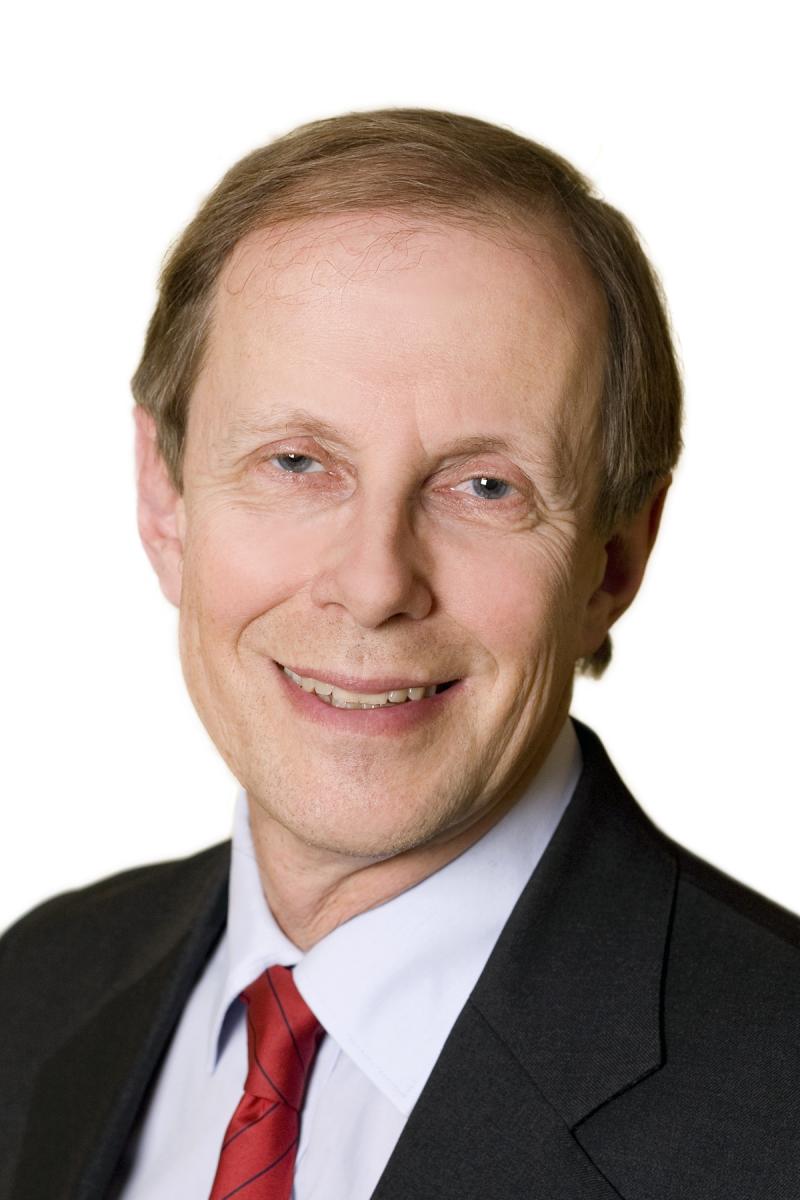New psychological approaches to overcoming addictions
Press release from Abicord Ltd.
No one has to struggle with an addiction – whether its food, cigarettes or drugs - so says psychologist Graham W Price.
 Psychology has moved forward in leaps and bounds over the last few years. Our knowledge of how to treat addictions has advanced dramatically, as has the treatment of other mental health issues.
Psychology has moved forward in leaps and bounds over the last few years. Our knowledge of how to treat addictions has advanced dramatically, as has the treatment of other mental health issues.
Most people suffering with addictions gravitate towards 12-step programmes such as those used by Alcoholics Anonymous, Al Anon and others. Despite now being somewhat dated, these programmes remain helpful and supportive to many, says Price. One major limitation is that they depend on relinquishing control to a higher power, whether religious or otherwise, leaving those who cannot embrace such a concept seeking an alternative.
The biggest advance in therapy in recent years, says Price, is the development of acceptance-based approaches, such as Acceptance and Commitment Therapy (ACT), Compassion-Focused Therapy, Mindfulness and Acceptance-Action Therapy (AAT). Acceptance-based approaches are changing the face of addiction treatments.
People with mental health problems or any other sources of unhappiness, he says, are living in a state of resistance. They’re either resisting aspects of their lives or they’re resisting ‘internal’ experiences such as uncomfortable feelings. Addicts, more than most, are in a constant state of resistance, not least resisting their cravings.
What most people don’t realise is that resistance always reinforces the programming that’s driving the uncomfortable feelings. It can make us anxious about being anxious, depressed about being depressed or it enhances desires or cravings. Worst of all, it encourages us to take actions to try to control, satisfy or suppress our uncomfortable feelings, such as avoiding situations that make us anxious or consuming drugs or food to diminish cravings. This, says Price, will always reinforce the programming that’s driving the feelings. Many people are not aware of this nor have they learnt how to reverse the process.
The opposite of resistance is acceptance. Acceptance-based therapies encourage us to accept uncomfortable feelings rather than resist them. We’re then better able to cease the unproductive behaviours that have been reinforcing the programming driving the feelings. Through a combination of acceptance and breaking behaviour patterns, we can start to unwind the programming that’s driving feelings such as cravings. And so we begin to gain a sense of control over our lives
The latest development in acceptance-based therapies, Acceptance-Action Therapy (AAT), includes powerful techniques for training clients to accept their feelings and adopt more powerful actions. There’s strong encouragement to adopt one of the main adages of AAT, ‘accept the feeling, choose the action’ in all areas of their lives.
Addicts are encouraged to walk up escalators, take cold showers, exercise regularly, all for the purpose of practicing the adage and embedding it in their lives.
AAT also addresses other types of resistance. People who are unhappy are resisting whatever aspects of their lives or circumstances that are triggering their unhappiness. This resistance practically always involves wanting things to be ‘already’ different, says Price. In other words we’re wanting the past or present moment to be different. This means we’re either wanting things that have happened not to have happened, or situations that exist right now not to exist right now. Neither is possible.
AAT teaches us how to ‘accept what is’ all the time, which means stopping wishing things were ‘already’ different and focusing only on how to make them different in the future.
None of the established therapies include these tools, says Price, including Cognitive Behavioural Therapy (CBT), the most powerful and effective of the established therapies. Hence many experienced CBT specialists are now turning to acceptance-based approaches and incorporating them in their work.
Acceptance-action approaches have transformed the lives of many addicts. Addictions of every kind – from food to cigarettes to drugs - have been cured.





